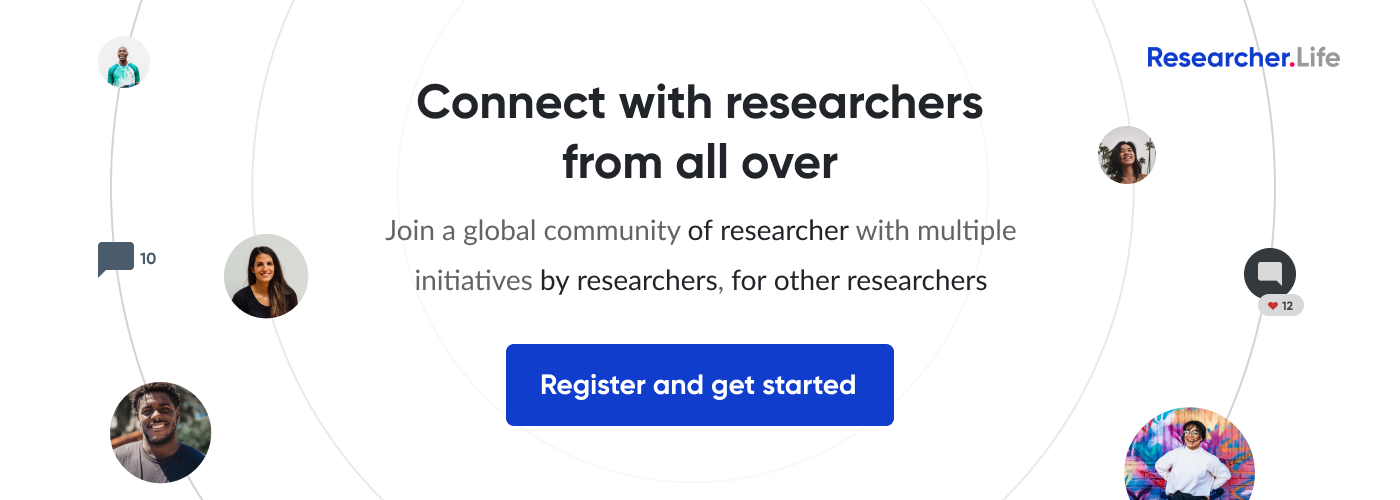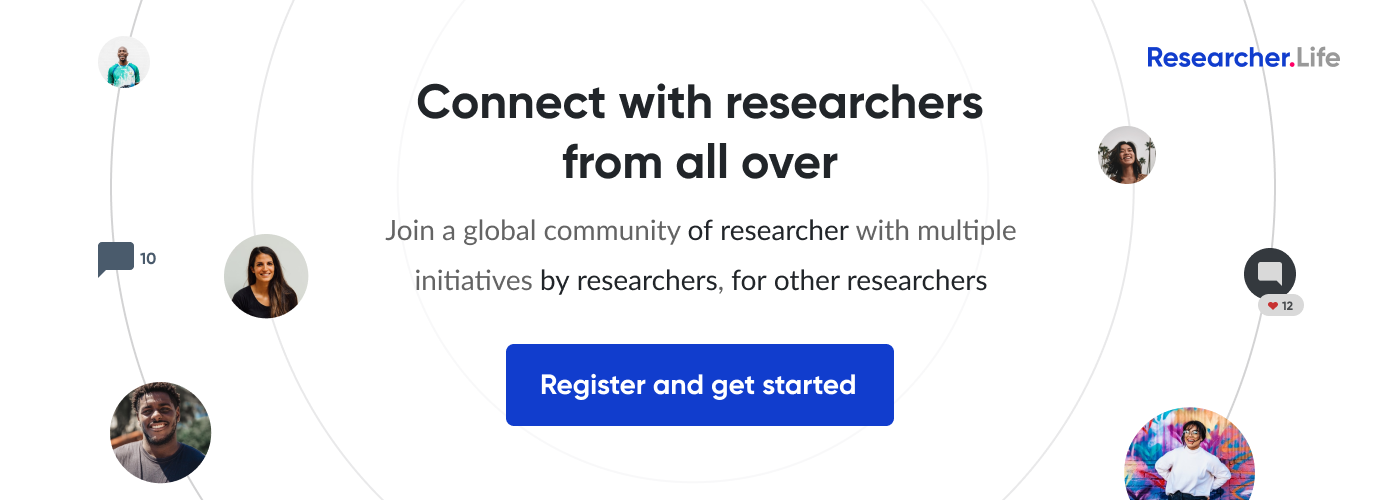How can academic libraries enhance their services through strategic collaborations?

Academic libraries have transformed from mere repositories of reading materials into vital hubs that empower faculty, researchers, and communities. They are essential to the academic landscape, yet their evolving roles come with significant challenges. With budget constraints and the rapid pace of technological advancements and policy changes, academic libraries navigate a complex environment. However, libraries remain dedicated to providing invaluable research support and services—one of the ways is by forging strategic collaborations that enhance their offerings.
Collaborative partnerships can enhance the scope and impact of library services, allowing better resource sharing and the pooling of expertise. By collaborating with consortia, faculty, researchers, and other institutions, librarians can drive innovative solutions and support the evolving needs of researchers and academic initiatives more effectively. Such partnerships also improve access to diverse resources and new technologies. Such partnerships also improve the researchers’ and faculty’s access to diverse resources and new technologies. Additionally, strategic collaborations can lead to greater visibility and recognition of the library's role in the academic community. Here’s a look at five specific areas where libraries can enhance their services.
1. Collection development and management
Collections lie at the heart of academic libraries' missions. However, evolving funding models and budget constraints have a significant influence on how librarians approach the crucial tasks of collection development and management. Moreover, persistent issues related to access, costs, and the physical space needed for collections remain critical factors impacting library operations. That’s where Collaborative Collection Development (CCD) can be a solution. This is a strategic approach in which libraries work together to enhance their collection of resources by sharing responsibility for selecting, acquiring, and managing materials. By leveraging the strengths and expertise of multiple organizations, CCD can also help to reduce duplication of efforts and costs. Overall, such a collaborative effort can improve access to a wider range of information and materials for users across different institutions.
As an example of such collaboration, the University of Washington Libraries works with other research libraries to maintain long-term access to microform and print serials, regardless of digital alternatives. This collaboration helps them manage their physical collection space more effectively.
2. Enhancing research support services
Researchers frequently need support in multiple aspects of their work, including navigating funding applications, managing data, and measuring the impact of their work. Researchers handle all or most of these tasks themselves, often because of lack of support and resources. A survey indicates that while researchers are generally happy with services offered by academic libraries and research offices, there is a desire for more proactive engagement and tailored services to meet their specific needs. Furthermore, the survey also shows that seven in 10 researchers spent approximately 30% of their time on administrative tasks. A lack of time and resources makes it challenging for research offices to support with administrative tasks—this where libraries can step in. By collaborating with university research offices, libraries can fill the gap, enhancing their services and significantly improving the researcher experience. Such collaborations can also lead to better alignment of resources and support systems.
The library at Simon Fraser University, in partnership with the university’s research office, has established a Knowledge Mobilization Hub. This initiative covers a range of activities targeted at translating research for practical application beyond the university, benefiting communities and policymaking processes.
3. Promoting open access initiatives
At many universities, academic libraries serve as critical hubs in championing open access through partnerships with different academic publishers. By actively understanding and addressing the unique needs and interests of different university departments regarding open access resources, libraries become the driving force in the shift toward adopting open access. They are instrumental in various aspects of such transitions like negotiating transformative agreements, establishing funding for Article Processing Charges (APCs), crafting open access policies, and managing associated institutional repositories. Through these collaborations, libraries not only enhance the accessibility of research outputs but also play a critical role in advancing the broader open access movement.
A notable example of such a collaboration is the initiative by Colorado State University Libraries, which has established multiple publishing agreements, enabling researchers affiliated with the university to publish their open access research without facing any article processing charges (APCs).
4. Championing interdisciplinary research
Librarians’ expertise in organizing, discovering, and managing information across diverse fields is invaluable, and they can contribute more than just providing logistical support within interdisciplinary teams. A case study presented at the 11th Annual International Science of Team Science Conference draws from the University of Miami's innovative initiative, the Laboratory for Integrative Knowledge (U-LINK), in collaboration with UM Libraries, demonstrates the key roles librarians can play within interdisciplinary research teams. By leveraging their unique skill sets and going beyond traditional support roles, librarians can actively participate in the research process through various roles such as comprehensive literature searches and connecting teams with relevant experts. This involvement can streamline access to essential information and research tools, and foster better communication among team members, ultimately accelerating progress.
Furthermore, these roles can provide librarians with valuable insights into diverse needs of research disciplines, enhancing their own professional development.
5. Fostering research integrity
FAIR principles—ensuring that research data is Findable, Accessible, Interoperable, and Reusable—is a key component that contributes to research integrity. And libraries can significantly influence the adoption of FAIR principles by developing effective research data management (RDM) solutions for institutional research output. Collaborations between libraries and technology providers, including commercial entities, can be critical to strengthening RDM infrastructures. Such partnerships can provide efficient ways to share and utilize research outputs, making them more impactful.
A study exploring the collaboration between Drexel University and Ex Libris to manage research output based on FAIR principles, highlights the value of university libraries and technology providers working together to create innovative tools and solutions to meet the needs of researchers and institutions.
Conclusion
The academic landscape today is undeniably more complex and multifaceted than it has ever been. While academic libraries play an indispensable role in the world of academia, there are additional avenues for libraries to explore, wherein they can leverage their resources and the expertise of their staff to support researchers and institutions. By fostering strategic collaborations, academic libraries can enhance the support they offer and further solidify their role in the academic ecosystem.
Writing is at the core of impactful research. Explore how Paperpal can enhance and streamline research support for authors.Comments
You're looking to give wings to your academic career and publication journey. We like that!
Why don't we give you complete access! Create a free account and get unlimited access to all resources & a vibrant researcher community.














